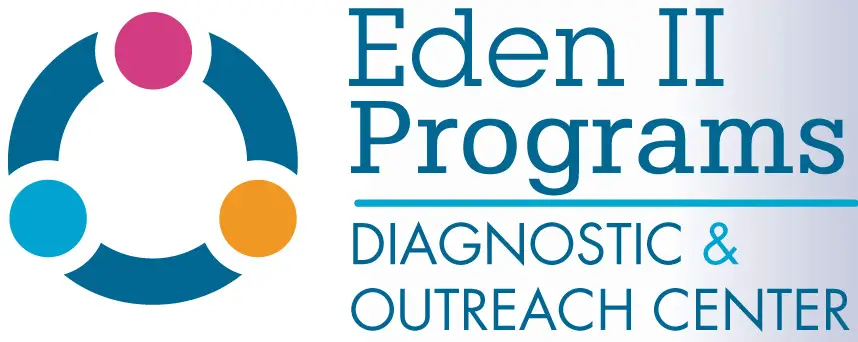Get the Best Kid-Friendly Activities
Sent to You Weekly!
Dr. Mihaila says. "Occupational, physical, feeding, and speech or language therapies are all integrated into a child's medical management of the disorder as well."
Research, Confusion, and Hope
The main reason treatment focuses on improving the quality of life is because there is presently no cure for the disease. However, the identification of the gene mutation that causes Rett in 1999 has led to new research. Two years ago, Rett was reversed in animals. Scientists are now determining ways to reverse the mutation in humans.
After the initial diagnosis, Rothschild sought information from numerous sources, including websites, which she now regrets. Many only reinforced the family's fears, made the Rothschilds feel more alone, or confused them. It wasn't until Zoe Rothschild was referred to the Rett Syndrome Center at The Children's Hospital at Montefiore in the Bronx that her family began to receive answers from an 18-specialist team that focuses on children with Rett.
Aleksandra Djukic, M.D., the director of the Rett Syndrome Center, encourages her team to improve the patient's quality of life, increase her communication ability, and discover ways to assist in learning. Research has shown that the girls have a normal brain foundation. When they are given access to special communication tools, it's possible for them to express feelings, identify characters from books, or even make television or music clips play by following simple instructions. "It's obvious that they understand you," Dr. Djukic says. "They just can't communicate."
For Zoe and Rachel Rothschild, being able to communicate would be a huge step in their relationship. Rachel realizes that Zoe has more complex thoughts than those that express basic physical needs; but, like many children with Rett, she can only make sounds.
"She knows she's loved, but she also knows she's being left out," Rachel Rothschild says. "I hope she continues to be happy and (relatively) healthy, and I hope for a cure. When you deal with the day-to-day, you have to believe that there's a cure. That's what keeps me going."
According to Rett Syndrome Research Trust, science tells us that we have every reason to be hopeful for finding an eventual cure to this debilitating brain disorder. Visit www.rsrt.org to learn more or support their research efforts.
Also see: New Technology at the Bronx's Rett Syndrome Center Helps Children Communicate






